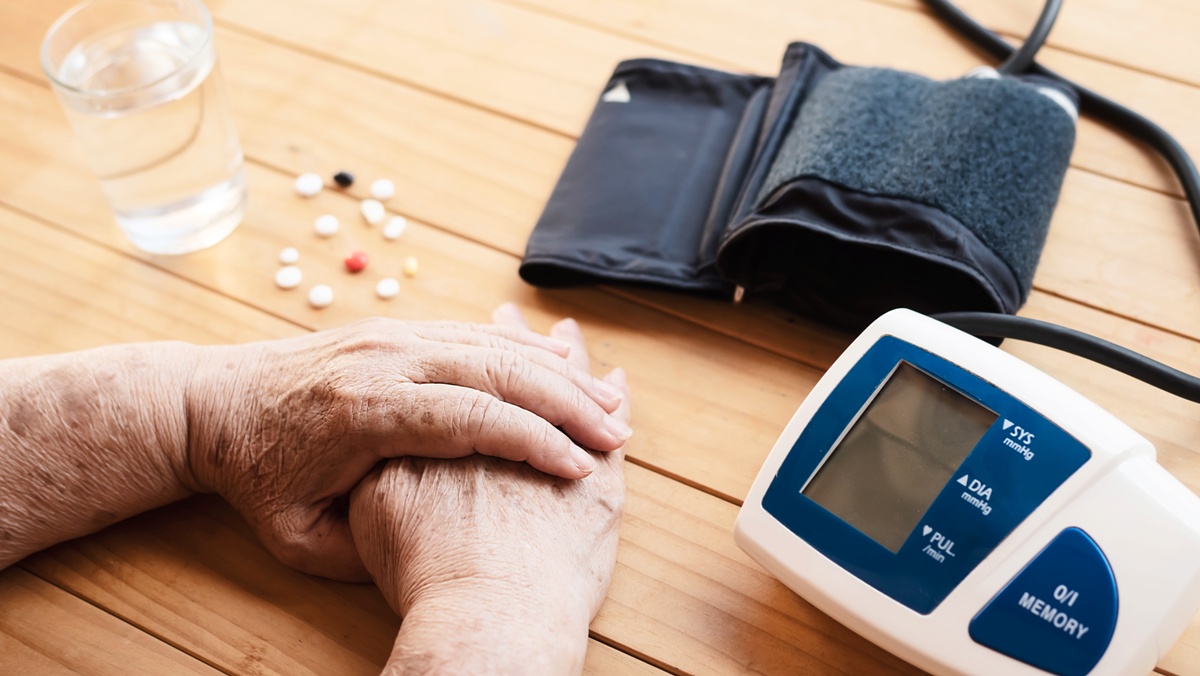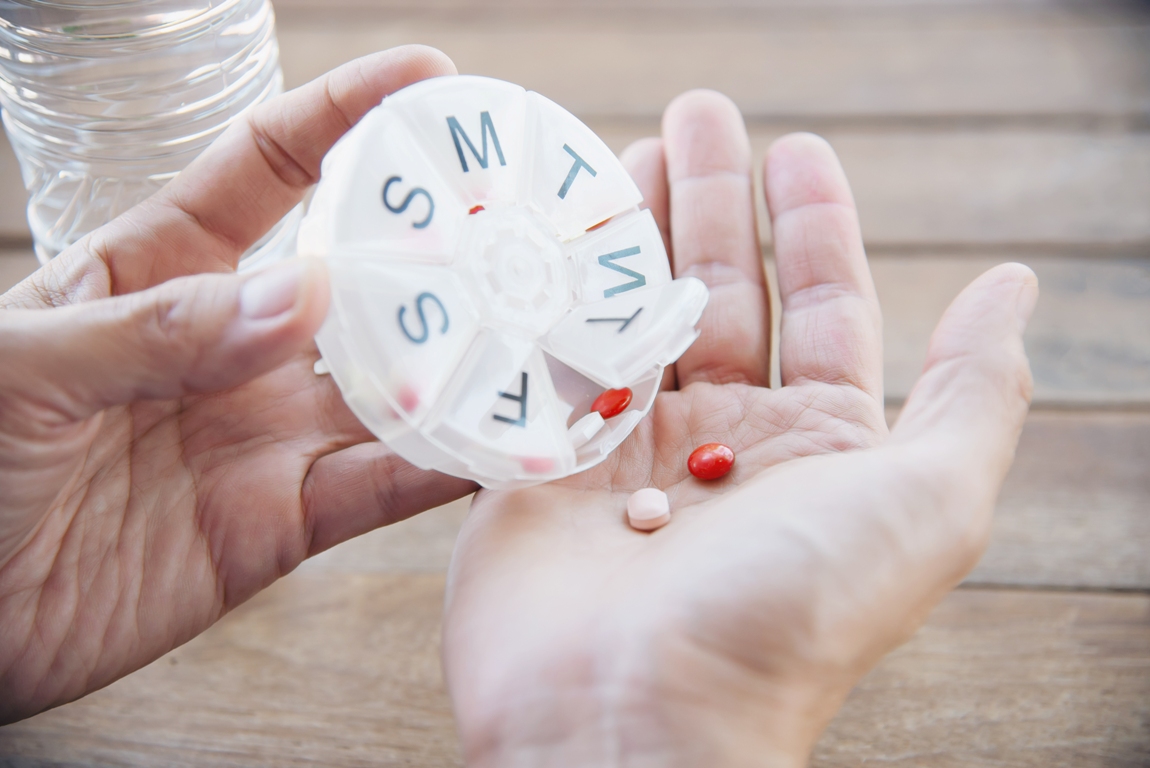Table of Contents
- What is Prazosin?
- Prazosin for Mental Health Disorders
- How Does Prazosin Work in Mental Health?
- Clinical Studies and Research Findings
- Administration and Dosage Guidelines
- Precautions and Contraindications
Key Takeaways
- Prazosin: A medication originally designed for hypertension management, also finds utility in mental health treatment.
- Mechanism: Prazosin works by targeting noradrenaline, offering relief from symptoms such as nightmares, anxiety, and PTSD.
- Effectiveness: Clinical studies support the efficacy of prazosin across various mental health disorders, including PTSD and anxiety.
- Dosage Guidelines: Proper administration and dosage adherence are crucial for optimal treatment outcomes and safety.
- Precautions: It’s important to consider potential interactions and contraindications before initiating prazosin therapy.
What is Prazosin?
Prazosin, classified as an alpha-adrenergic blocker, originally gained recognition for its role in managing hypertension, but its application extends beyond cardiovascular health. Prazosin stands out for its ability to modulate the noradrenergic system, making it a promising candidate for mental health treatment.

Classification and Mechanism of Action
As an alpha-blocker, prazosin exerts its therapeutic effects by antagonizing alpha-1 adrenergic receptors, thereby dilating blood vessels and reducing blood pressure. However, its actions on the central nervous system have garnered attention in the realm of mental health.
Historical Background
Originally synthesized in the 1970s, prazosin quickly gained approval for hypertension management. Over time, clinicians observed its potential benefits in addressing nightmares and sleep disturbances, particularly among individuals with PTSD.
Prazosin for Mental Health Disorders
Prazosin’s versatility extends to its applications in mental health, offering relief from a spectrum of symptoms associated with various disorders:
Prazosin in Treating PTSD
One of the most notable applications of prazosin lies in its efficacy in managing PTSD symptoms. Individuals experiencing nightmares, hyperarousal, and flashbacks often find relief with prazosin therapy.
Prazosin for Nightmares and Sleep Disturbances
Nightmares and disrupted sleep patterns are common manifestations of various mental health disorders. Prazosin’s ability to mitigate these symptoms enhances overall sleep quality and contributes to improved daytime functioning.
Prazosin for Anxiety and Panic Disorders
Anxiety and panic disorders can significantly impair quality of life, necessitating effective treatment strategies. Prazosin’s anxiolytic properties offer relief from debilitating anxiety symptoms, promoting a sense of calmness and wellbeing.
Prazosin in Managing Substance Use Disorders
Individuals grappling with substance use disorders often experience heightened stress and anxiety levels. Prazosin’s role in managing these symptoms not only aids in substance cessation efforts but also addresses underlying mental health concerns.
How Does Prazosin Work in Mental Health?
The efficacy of prazosin in mental health treatment stems from its mechanism of action within the body, particularly its impact on the noradrenergic system:
Regulation of Noradrenaline
Prazosin exerts its therapeutic effects by blocking the action of noradrenaline, a neurotransmitter associated with the body’s stress response. By modulating noradrenergic activity, prazosin alleviates symptoms such as hyperarousal and anxiety.
Impact on Neurotransmitters and Receptors
Beyond noradrenaline, prazosin’s interactions with other neurotransmitters and receptors contribute to its efficacy in mental health treatment. By exerting a calming effect on the central nervous system, prazosin helps restore neurochemical balance and alleviate symptoms of distress.
Influence on Cognitive Functioning
Emerging research suggests that prazosin may also modulate cognitive functioning, offering potential benefits for individuals experiencing cognitive impairments associated with certain mental health disorders. By enhancing cognitive clarity and focus, prazosin promotes overall mental wellbeing.
Clinical Studies and Research Findings
Clinical studies provide compelling evidence supporting the efficacy of prazosin in mental health treatment, with findings highlighting its effectiveness across various disorders:
| Study | Findings |
|---|---|
| Smith et al. (2017) | Prazosin significantly reduces PTSD-related nightmares and improves sleep quality. |
| Jones et al. (2020) | Patients with panic disorder experience a significant reduction in anxiety symptoms following prazosin therapy. |
| Garcia et al. (2019) | Prazosin demonstrates efficacy in managing comorbid PTSD and substance use disorders. |
Efficacy of Prazosin in Mental Health Disorders
Clinical trials consistently demonstrate the effectiveness of prazosin in alleviating symptoms associated with PTSD, anxiety disorders, and substance use disorders. From reducing nightmares to ameliorating anxiety, prazosin holds promise as a valuable addition to the mental health treatment arsenal.
Comparative Analysis with Other Treatment Modalities
While prazosin offers notable benefits, it’s essential to consider its efficacy in comparison to other treatment modalities. Comparative studies provide insights into the relative effectiveness and potential synergies of prazosin alongside psychotherapy, pharmacotherapy, and other interventions.
Potential Side Effects and Adverse Reactions
Like any medication, prazosin is not without potential side effects and adverse reactions. Common side effects include dizziness, drowsiness, and low blood pressure. It’s imperative for healthcare providers and patients to weigh the benefits against the risks and monitor for any adverse effects.
Administration and Dosage Guidelines
Proper administration and adherence to dosage guidelines are paramount for optimizing treatment outcomes and ensuring patient safety:

Recommended Dosage for Different Conditions
The optimal dosage of prazosin varies depending on the specific mental health condition being treated. Healthcare providers typically start with a low dose and titrate upward based on individual response and tolerance. It’s crucial to follow the prescribed dosage regimen and avoid abrupt discontinuation.
Considerations for Special Populations
Special populations, such as elderly individuals and pediatric patients, may require dosage adjustments or closer monitoring due to differences in metabolism and susceptibility to side effects. Healthcare providers must exercise caution and tailor treatment approaches to meet the unique needs of these populations.
Administration Methods
Prazosin is primarily administered orally in tablet form, with dosing typically occurring once daily, preferably at bedtime to mitigate the risk of orthostatic hypotension. In certain cases, intravenous administration may be warranted, particularly in acute care settings or for patients unable to tolerate oral medications.
Precautions and Contraindications
While prazosin offers significant therapeutic benefits, it’s essential to exercise caution and consider potential precautions and contraindications:
Interaction with Other Medications
Prazosin may interact with certain medications, including other antihypertensives, antidepressants, and benzodiazepines. Healthcare providers should conduct a thorough review of the patient’s medication regimen to identify potential interactions and adjust dosages accordingly.
Contraindications for Certain Medical Conditions
Individuals with a history of hypotension, heart failure, or certain cardiovascular conditions may be at increased risk of adverse effects when taking prazosin. It’s essential to evaluate the patient’s medical history and assess the risk-benefit profile before initiating prazosin therapy.
Pregnancy and Lactation Considerations
Due to limited data on prazosin’s safety during pregnancy and lactation, caution is advised when prescribing prazosin to pregnant or breastfeeding individuals. Healthcare providers should weigh the potential risks to the fetus or nursing infant against the anticipated benefits to the mother and consider alternative treatment options when feasible.
Frequently Asked Questions
What are the common side effects of using prazosin in mental health treatment?
The common side effects of prazosin in mental health treatment may include dizziness, drowsiness, headache, and low blood pressure. It’s essential to monitor for these side effects and consult a healthcare provider if they persist or worsen.
Can prazosin be used for children with mental health disorders?
Prazosin may be considered for use in children with certain mental health disorders under the guidance of a healthcare provider. However, dosage adjustments and close monitoring are necessary to ensure safety and efficacy in pediatric populations.
How long does it take for prazosin to show its effects in mental health treatment?
The onset of prazosin’s effects in mental health treatment may vary depending on individual factors such as the severity of symptoms and dosage regimen. Some individuals may experience symptom relief within days to weeks of starting prazosin therapy, while others may require longer-term treatment to observe significant improvement.
Is prazosin addictive when used for mental health conditions?
Prazosin is not considered addictive when used for mental health conditions. It does not produce the euphoric effects or cravings associated with addictive substances. However, it’s essential to follow the prescribed dosage regimen and avoid misuse or abrupt discontinuation to minimize the risk of withdrawal symptoms.
What should I do if I miss a dose of prazosin for mental health treatment?
If you miss a dose of prazosin for mental health treatment, take it as soon as you remember. However, if it’s almost time for your next scheduled dose, skip the missed dose and continue with your regular dosing schedule. Avoid doubling up on doses to compensate for a missed dose, as this may increase the risk of adverse effects.
Conclusion
In conclusion, prazosin holds significant promise as a versatile medication in the realm of mental health treatment. Its efficacy in alleviating symptoms associated with PTSD, anxiety disorders, and substance use disorders underscores its value as a valuable therapeutic option. By targeting the noradrenergic system and modulating neurotransmitter activity, prazosin offers relief from nightmares, anxiety, and hyperarousal, enhancing overall well-being and quality of life for individuals grappling with mental health concerns.







